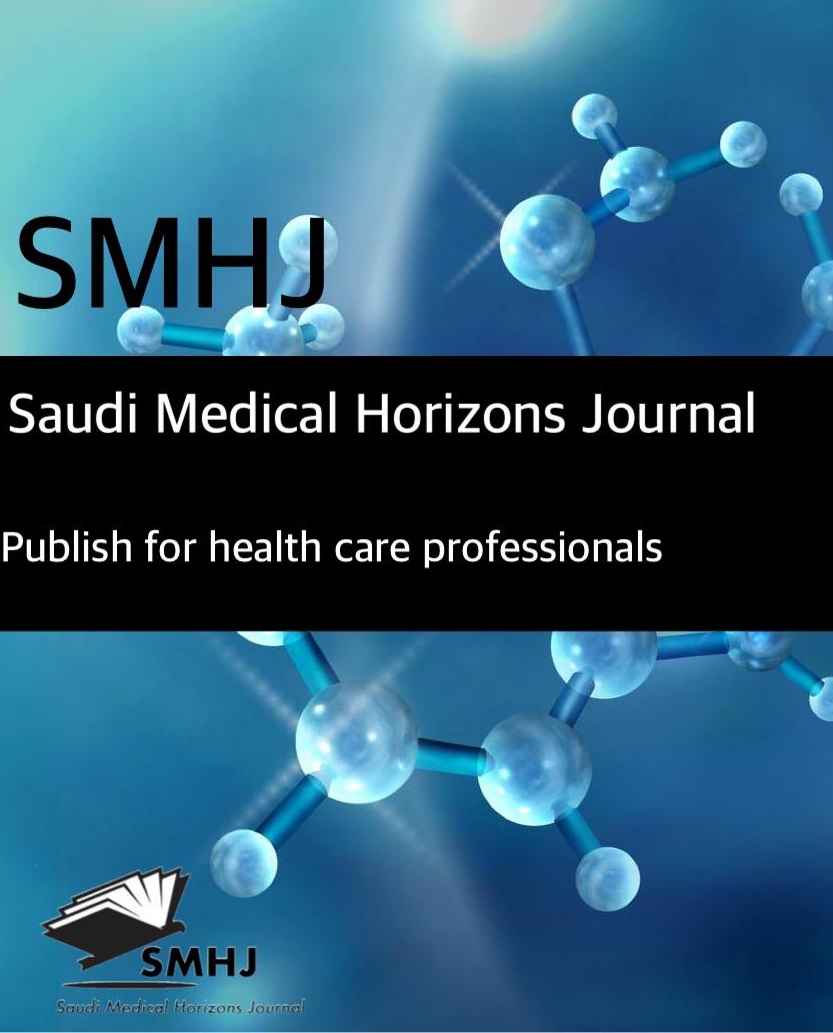Premenstrual syndrome and its impact on the quality of life among female medical students at King Faisal University, Al Ahsa, Saudi Arabia
DOI:
https://doi.org/10.54293/smhj.v4i3.108Keywords:
Premenstrual syndrome, medical student, quality of life, Saudi ArabiaAbstract
Background: Premenstrual Syndrome (PMS) affects many women, impacting daily activities and potentially hindering academic performance. Female students, in particular, may experience exacerbated effects due to neglecting symptoms. This study investigated the prevalence of PMS and its association with factors influencing female medical students' quality of life (QoL) at King Faisal University, Saudi Arabia.
Materials and Methods: A cross-sectional survey distributed to 264 students assessed demographics, family background, menstrual characteristics, PMS symptoms, and study-related QoL. Data were analyzed using SPSS software.
Results: PMS prevalence was 34.8% (92/264). Students in clinical years (40% vs. 29% in pre-clinical) and with introverted personalities (43.5%) were more likely to experience PMS. The most commonly reported symptoms were depressive effect, anxiety, fatigue, and irritability (all 100%). Students with PMS reported a higher impact on study-career satisfaction (28.3% vs. 20.3% without) and stress levels (57.6% vs. 37.8% without).
Conclusion: This study suggests a significant prevalence of PMS (34.8%) among female medical students. An association was found between PMS, year of study, personality type, and specific aspects of study-related QoL, particularly impacting study-career satisfaction and stress.
Downloads
Published
How to Cite
Issue
Section
License
Copyright (c) 2024 Saudi Medical Horizons Journal

This work is licensed under a Creative Commons Attribution 4.0 International License.



